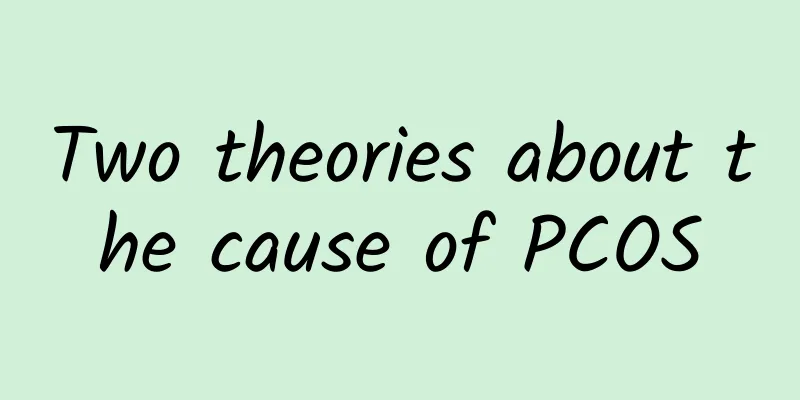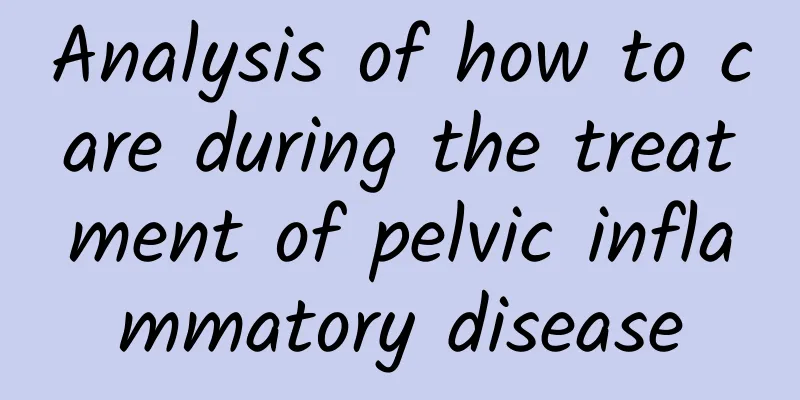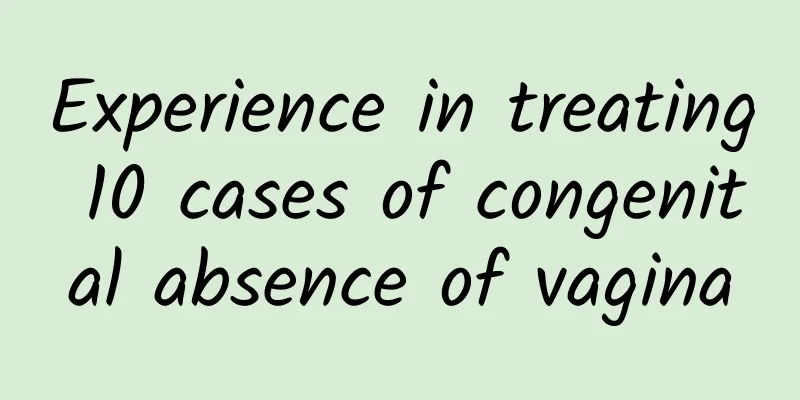Two theories about the cause of PCOS

|
Currently, there are two theories about the cause of PCOS: non-genetic theory and genetic theory. Non-genetic theories of PCOS Studies have shown that the hormonal environment in the uterus during pregnancy affects the endocrine status of adult individuals, and exposure to high concentrations of androgens during pregnancy, such as mothers with a history of PCOS, maternal congenital adrenal hyperplasia and malcontrol of high androgen levels, may lead to ovulatory dysfunction after puberty. Genetic Theory of Polycystic Ovary Syndrome The main basis of this theory is that PCOS is a familial social phenomenon. Familial ovulation disorders and changes in PCOS function suggest that PCOS has a genetic basis. Hyperandrogenism and/or hyperinsulinemia may be the genetic characteristics of the same disease in family members with PCOS. The incidence of hyperinsulinemia in women and premature hair loss in men increases in family members with sparse ovulation, hyperandrogenism and PCOS. Cytogenetic studies have shown that PCOS may be X-linked recessive, autosomal dominant or polygenic. Whole genome scanning has found a large number of related genes in most patients with PCOS, such as candidate genes for the synthesis and related functions of steroid hormones, androgen synthesis-related regulatory genes, insulin synthesis-related genes, carbohydrate metabolism and energy balance candidate genes, gonadotropin action and regulation candidate genes, adipose tissue-related genes and chronic inflammation-related genes. In summary, the etiology research of PCOS cannot prove that the disease is caused by a certain gene site or a certain gene mutation. It may be caused by the action of certain genes under the influence of specific environmental factors. |
<<: What exactly is fallopian tube blockage? Why does it happen?
>>: The cause of bilateral obstruction of fallopian tubes
Recommend
Beware of irregular menstruation if you eat too much watermelon
In the summer, many women often eat half a piece ...
What are the dangers of amenorrhea in women?
Menstruation is a physiological condition unique ...
Why do infertile women suffer from uterine fibroids? Why do infertile women suffer from uterine fibroids?
Generally speaking, the reasons why women who hav...
What happens if endometriosis is not treated?
If endometriosis is not treated, it may cause per...
Effective methods for detecting congenital absence of vagina
What are the effective methods for detecting cong...
How much do you know about the symptoms of vaginitis?
How much do you know about the symptoms of vagini...
There are several reasons for the sequelae of pelvic inflammatory disease
We are all familiar with diseases. As we all know...
Super cool mango bikini! Pingtung Mango Festival
It is the peak season for Irwin mangoes again. Th...
How much does the surgery for 3rd degree cervical erosion cost?
How much does the surgery for 3rd degree cervical...
Briefly explain: Three common uterine fibroid surgeries
Uterine fibroids are a gynecological disease that...
Symptoms of ectopic pregnancy in the early stages
Among the many gynecological diseases in women, e...
What to do about bacterial vaginosis itching?
Many female friends have suffered from "bact...
Is 2.8 cm of pelvic fluid considered serious?
Pelvic effusion of 2.8 cm is generally not consid...
Why does my body feel cold and my menstrual blood becomes less and less during menstruation?
Why does my body feel cold and my menstrual blood...
What to do after an attack of Trichomonas vaginitis
Trichomonas vaginitis is a common gynecological d...









